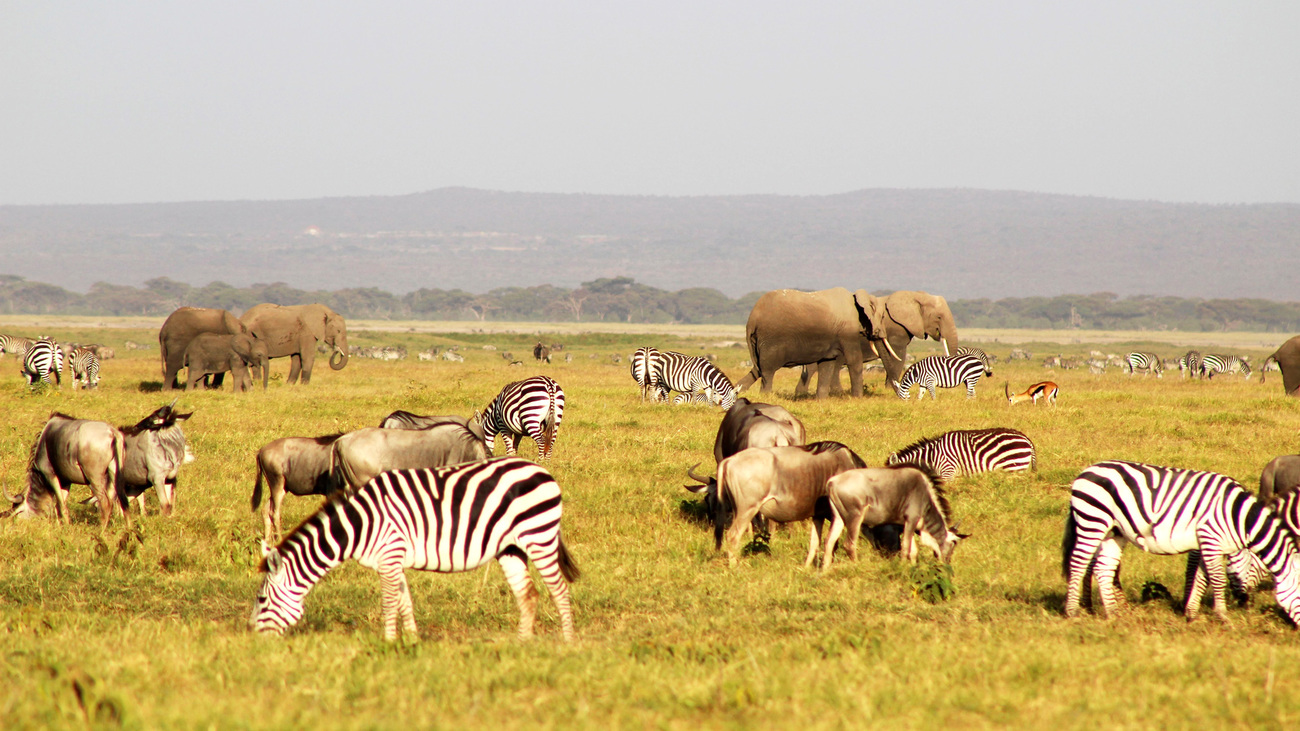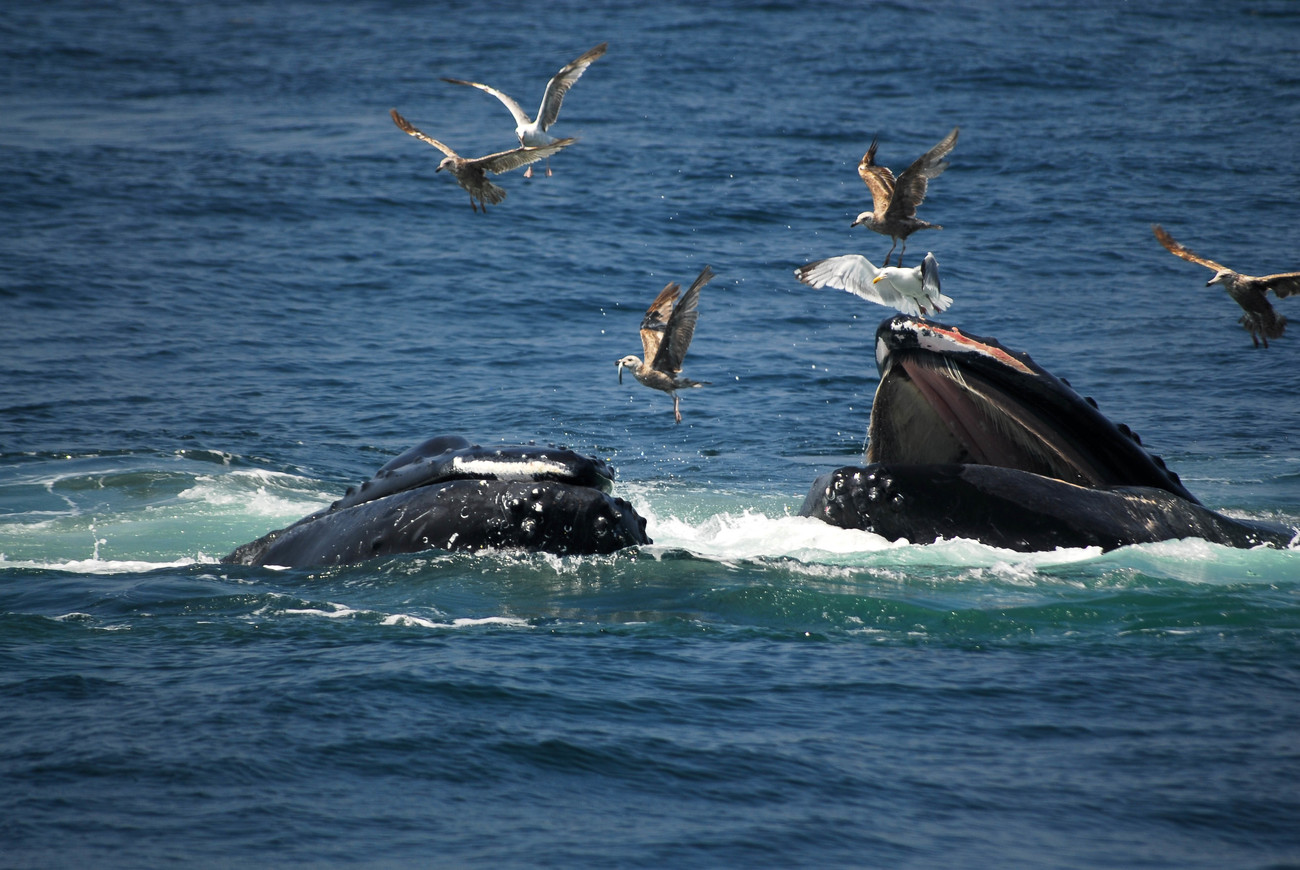Blog
Long’uro: one elephant’s story of immense resilience
Read morefour key ifaw priorities for the CBD Global Biodiversity Framework negotiations

This week IFAW takes part in the fourth meeting of the open-ended working group on the Post-2020 Global Biodiversity Framework, hosted by the United Nations (UN) Environment Program in Nairobi, Kenya. The Post-2020 Framework is the driver behind the global call to manage or conserve 30% of the earth by 2030—or what is popularly referred to as “30x30” in policy forums around the world.
Since 1993, parties to the UN Convention on Biological Diversity (CBD) have met regularly to agree on and review the steps they are taking to implement the three objectives of the convention, namely: to conserve biodiversity, to utilise it sustainably, and to ensure the fair and equitable sharing of benefits arising from its use.
Every 10 years, a new Framework is negotiated, with new and increasingly ambitious aims to ensure these objectives are achieved. This June marks the final gathering to negotiate the Post-2020 Global Biodiversity Framework before its adoption at the 15th Convention of the Parties (CoP15) of CBD, already delayed two years due to COVID-19.

Currently, the world is undergoing a biodiversity crisis, with over a million species threatened with extinction in the coming years. IFAW calls on all parties to the convention to act ambitiously during these final negotiations, taking strong and decisive action to manage, conserve and protect our natural resources for the future.
Specifically, IFAW asks governments to:
1. Prevent species extinctions (Goal A)
2. Preserve ecosystem health (Target 3)
3. Eliminate illegal, unsustainable, and risky trade in wildlife (Target 5)
4. Ensure funding for developing nations to ensure the Framework is implementable
As we head to Nairobi this week, we look to this milestone year as a unique opportunity for all 196 parties to collectively take the necessary steps toward a life in harmony with nature.
Just one week later, the G7 Summit will bring together global leaders on priorities of biodiversity and sustainable development as well. There’s no point in history where these discussions have been more important.
Every problem has a solution, every solution needs support.
The problems we face are urgent, complicated, and resistant to change. Real solutions demand creativity, hard work and involvement from people like you.
Unfortunately, the browser you use is outdated and does not allow you to display the site correctly. Please install any of the modern browsers, for example:
Google Chrome Firefox Safari